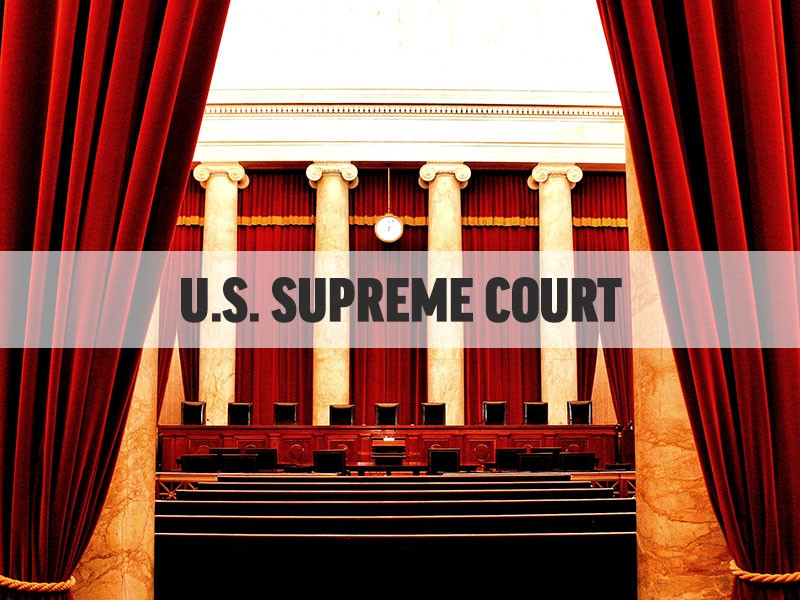Constitution Week comes to an end Thursday. The nationally recognized week highlights the United States Constitution and what it encompasses.
Douglas Young, political science professor emeritus of the University of North Georgia Gainesville campus, shared some insight on the highest court that settles some of our nation's Constitutional debates.
Does the Supreme Court hear every case that comes to them?
The high court is selective, Young said. Lower federal courts and State Supreme Courts appeal to the Supreme Court every year, and after the nine justices review the cases, they vote on which ones they want to hear. "For any case to actually be placed on the docket of the high court to be heard and hopefully voted on during the next judicial year, which starts in October and usually ends sometime in June of the following year, what happens is the justices will meet and it takes four of the justices' votes to grant certiorari, or to grant cert, to approve a case to be placed on the docket," said Young.
"But of all the thousands of cases that are appealed to the Supreme Court each year, in recent decades generally only somewhere between about 75 and 100 are actually heard by the high court."
Does the Supreme Court ever reverse a ruling?
Nullification is a rare occurrence. Young recalled a case, Employment Division, Department of Human Resources of Oregon v. Smith, in the 1990s regarding some North American Indigenous men who were drug rehabilitation counselors and had lost their jobs after ingesting peyote, a plant with psychoactive properties, during what they claimed was a religious ceremony. The use of peyote violated state law, hence their firings, but they contended they were protected because of their First Amendment rights to worship. The Supreme Court ultimately ruled against the men.
A few years after the ruling, Young said Congress passed a law to correct the situation.
"It is possible that in effect a high court ruling can be nullified," said Young. "And in that case, I think the high court was simply stating 'Look, the law says this drug, peyote, is illegal in the state, so state officials, government officials, were in their Constitutional rights to fire these people.' But then when U.S. Congress passed allow to protect all Americans' free exercise of religion rights we say, 'Yes, we are going to protect people - in this case American Indians - we're going to protect their right to engage in their Constitutionally protected religious rituals.'"
Young said the high court hasn't ruled on a similar case in about 30 years, he thinks the court today would say the law passed by Congress supersedes the state law.
How much does the Supreme Court sway public opinion?
"There is not a single significant, political, cultural, economic, or social issue in the land that is not ultimately decided by the U.S. Supreme Court," said Young. "I don't care if you're talking about abortion, homosexual rights, criminal due process, the death penalty, gun control, immigration, you name it. Every single significant political, legal, cultural, social issue in the country is ultimately decided by the Supreme Court."
Young said the court follows both cultural norms and also defies them. He gave two prominent examples: same sex marriage and abortion.
In the ruling that legalized same-sex marriage, Young said the court eventually followed public opinion, with some similar rulings leading up to the Obergefell v. Hodges ruling in 2015. In the case of abortion rights, Young said the public eventually came to support Roe v. Wade, though at the time of the ruling in 1973, it was not the popular opinion.
Listen to the full interview with Douglas Young about the Supreme Court by clicking the play button above.









